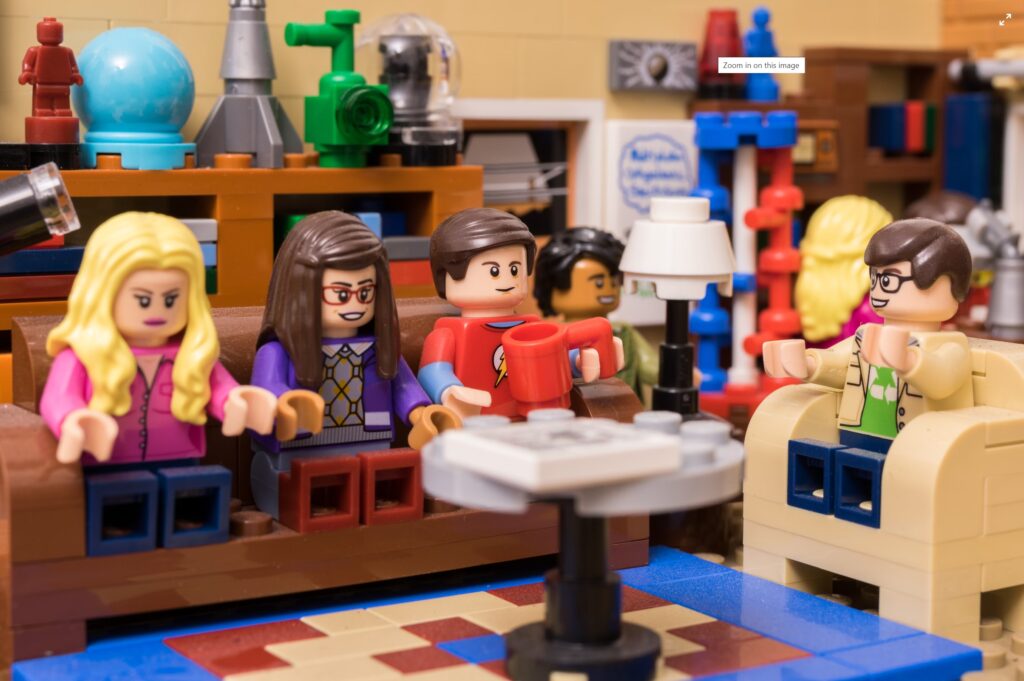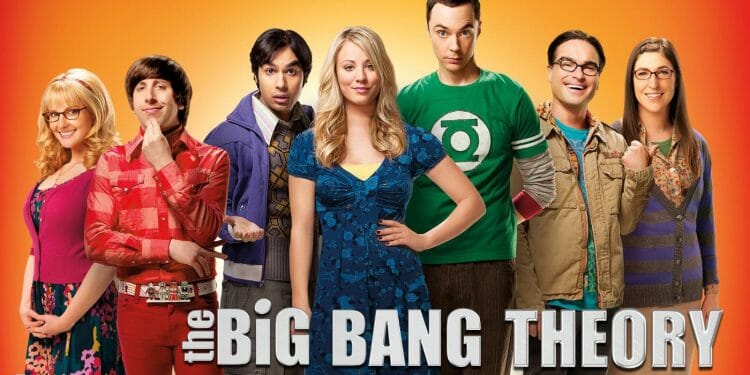Have you ever wondered how the quirky geniuses of The Big Bang Theory might inspire your study habits? This sitcom, centered around a group of brilliant yet socially awkward scientists, offers more than just laughs. It presents a unique blend of intelligence, humor, and problem-solving skills that can be surprisingly applicable to your study routine.
We know the life of a student is bustling with lectures, assignments, and the occasional thought: I wish someone could just write essays for me. Building a productive study routine can be challenging, but let us help! Let’s explore how the traits and habits of Sheldon, Leonard, and the gang can help you tackle your academic assignments.

Table of Contents
Toggle1. Sheldon’s Structured Study Routine
Sheldon Cooper’s love for structure and routine is legendary. He thrives on a strict schedule, which ensures he dedicates ample time to his work and hobbies. As a student, establishing a regular study routine can do wonders for your productivity. Set specific times for studying and try to stick to them. This creates a habit, making getting into the study groove each day easier.
Furthermore, Sheldon’s preference for designated spots, like his spot on the couch, highlights the importance of having a dedicated study space. Find a place where you feel comfortable and focused, whether it’s a corner of your room, a spot in the library, or a quiet café. Having a regular place to study tells your brain it’s time to concentrate, which can help you focus better.
2. Leonard’s Collaborative Learning
Leonard Hofstadter often works on projects with his friends, demonstrating the value of collaborative learning. Studying with others can provide new perspectives, divide workloads, and make learning more engaging. It’s especially helpful when tackling complex subjects or preparing for exams.
- Sharing Knowledge: Each member brings unique insights and understanding.
- Problem-Solving: Working through tough problems together can be more effective.
- Motivation: Group members can encourage and motivate each other.
- Resource Pooling: It’s helpful to share resources like notes, textbooks, and online tools.
- Feedback: Discussions help clarify doubts and solidify concepts.
- Accountability: Collaboration helps in staying committed to study schedules.
After understanding the advantages, try forming a study group. Make sure it consists of people who are serious about their studies.
3. Raj’s Creative Learning Techniques
Raj Koothrappali’s approach to science often involves creativity and out-of-the-box thinking. He’s not afraid to tackle problems from different angles. As a student, embracing creativity can make learning more enjoyable and effective. Try using mind maps or come up with mnemonics to remember complex information.
Additionally, Raj’s use of visual aids in presentations, like charts, graphs, and images, can be applied to your study methods. Incorporating these creative techniques can break the monotony of traditional studying and help you grasp difficult concepts more easily.
4. Howard’s Practical Application of Knowledge
Howard Wolowitz, an engineer, often applies his theoretical knowledge to build or fix things. This practical approach is a handy method to reinforce knowledge. If you’re studying a concept, consider how to use it in a real-life setting. For instance, if you’re learning about physics, try simple experiments that demonstrate the principles you’re studying.
Additionally, Howard’s knack for fixing things suggests the importance of problem-solving skills. Don’t just memorize information; understand the underlying principles so you can apply them to solve problems.
5. Bernadette’s Time Management Skills
Bernadette Rostenkowski-Wolowitz juggles her career, family, and social life, showcasing excellent time management. This skill is vital for students who frequently have to juggle numerous tasks.
- Prioritize Assignments: Focus on what’s most critical and pressing.
- Use a Planner: Keep track of assignments, deadlines, and exams.
- Avoid Procrastination: Tackle more challenging tasks first.
- Remember to take short breaks: They can boost your focus and make you more productive.
- Limit Distractions: Find a quiet place and turn off unnecessary digital distractions.
Implementing these strategies can help you use your time more effectively, reduce stress, and improve academic performance.
6. Amy’s Research and Note-Taking Skills
Amy Farrah Fowler’s meticulous approach to research and note-taking is exemplary for any student. Good research skills are essential for writing papers and understanding complex topics. Start by identifying credible sources. Take organized notes as you research, highlighting key points and references.
Amy’s detailed notes are also worth emulating. Effective note-taking helps you understand and remember the material better. Try different note-taking methods like the Cornell system or mind mapping to find what works best for you. Organized notes are especially helpful during revision periods before exams.
7. Penny’s Balanced Approach to Life
Despite not being a scientist, Penny shows the significance of a balanced lifestyle. For students, this includes spending time on hobbies, hanging out with friends, or just taking it easy. You can do all of this with some help from the best dissertation writing service. Penny often provides a different perspective and shows that taking time off from studying is crucial for overall well-being.
Moreover, Penny’s growth over the series, from a waitress to a successful pharmaceutical representative, highlights the value of perseverance and continuous learning. Keep in mind that education isn’t just about getting good grades; it’s also about personal and intellectual growth.
To Sum Up
Ultimately, the key takeaway from our favorite The Big Bang Theory characters is the importance of finding study methods that work for you, whether it’s Sheldon’s structured routine or Penny’s balanced approach. Embrace the diversity of their strategies and tailor them to fit your own academic journey. By doing so, you’ll enhance your learning experience and enjoy the process, making your time as a student both productive and enjoyable.





